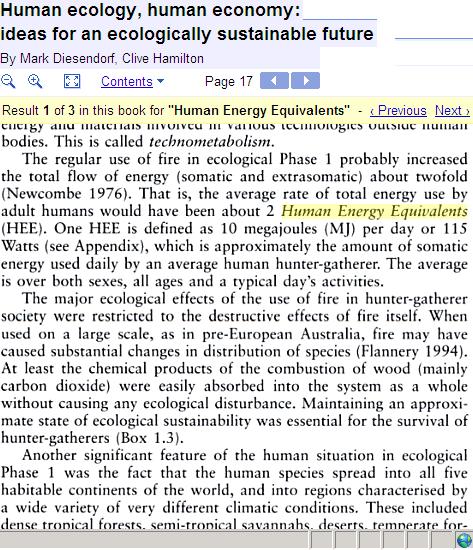  back back
 sitemap sitemap
|
ecoglobe  Basic environmental & socio-economic facts Basic environmental & socio-economic facts
[Also see: key facts  A glossary of terms and concepts [E, D, F] A glossary of terms and concepts [E, D, F] ] ]
|
 ecostory topics
ecostory topics
|
 sitemap a-z |
home
sitemap a-z |
home  ecostory |
ecostory topics |
energy "crisis" |
energy |
ecostory |
ecostory topics |
energy "crisis" |
energy |
 2604-4n21
2604-4n21

ecoglobe reality since 1997









 






    |




